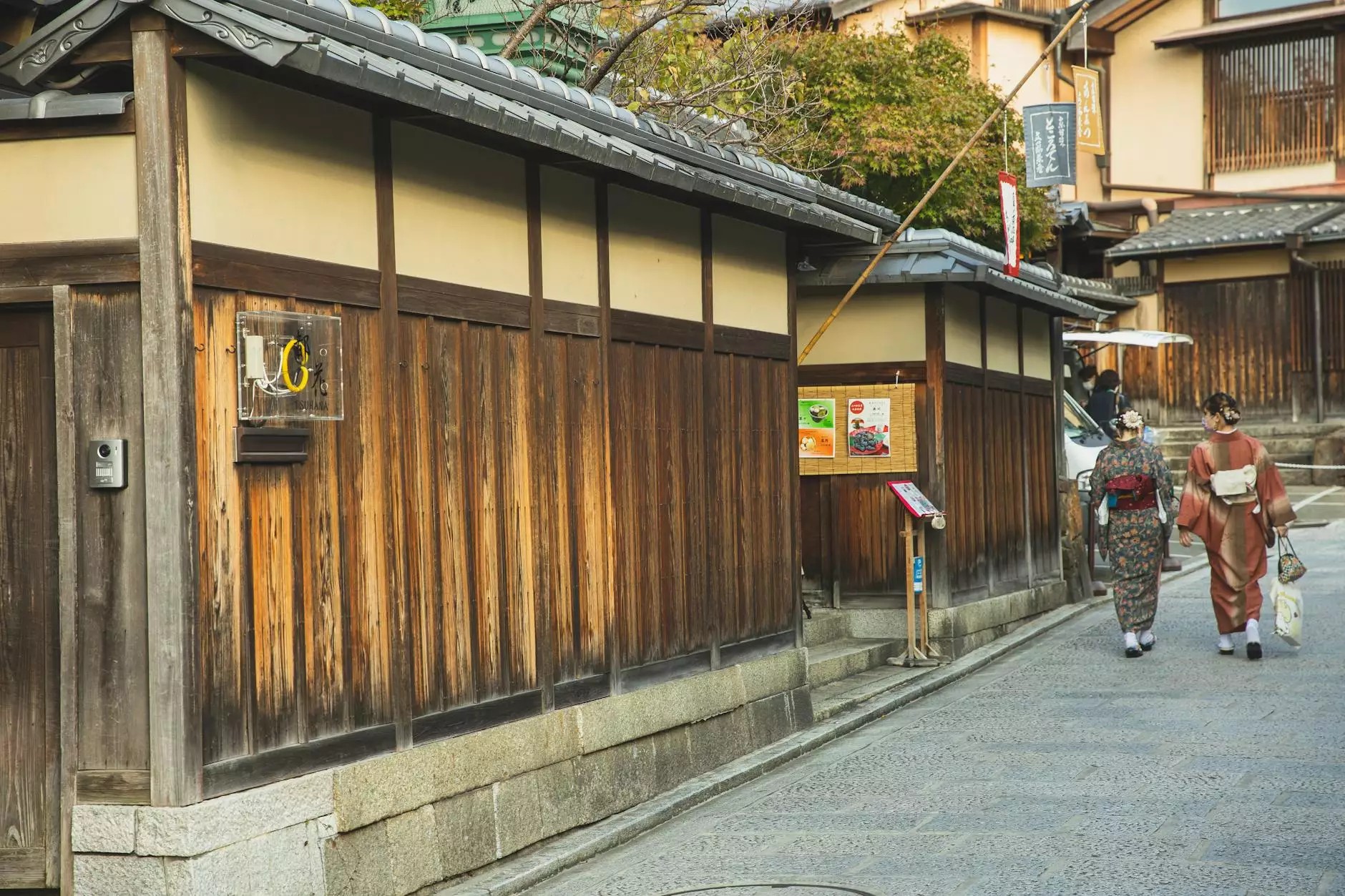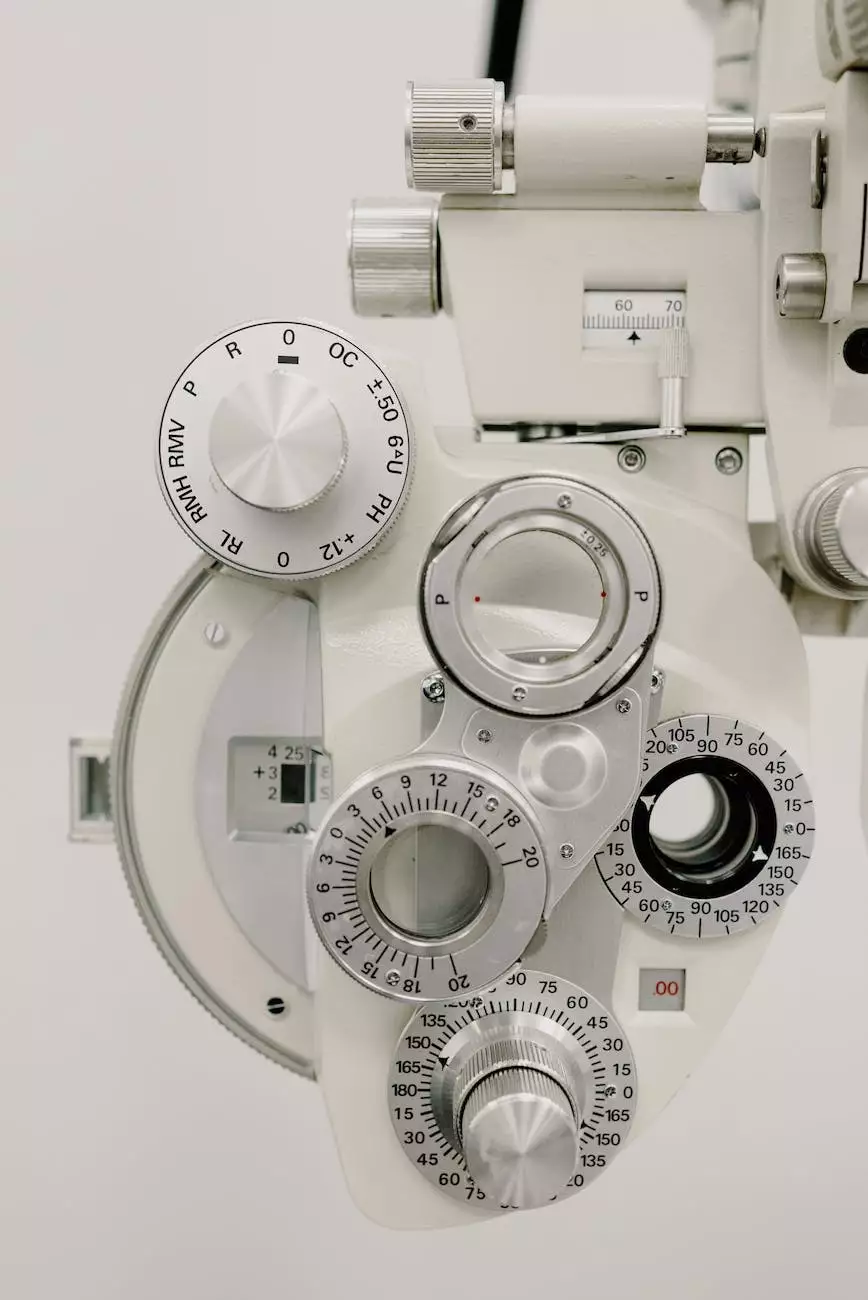Japanese Beetle Treatment in Carmel, Fishers, & Westfield, IN
Pest Control
Providing Effective Solutions for Japanese Beetle Infestations
When it comes to Japanese beetle treatment in Carmel, Fishers, and Westfield, IN, look no further than Edge My Neighborhood. With years of experience in the industry, we offer comprehensive solutions to effectively eliminate Japanese beetle infestations and protect your property from further damage.
The Japanese Beetle Problem
Japanese beetles are invasive pests that can wreak havoc on your lawn, plants, and gardens. Originally from Japan, these beetles have become a significant nuisance in many parts of the United States, including Carmel, Fishers, and Westfield, IN. They feed on over 300 different plant species, devouring leaves, flowers, and fruits in the process.
Why Choose Edge My Neighborhood?
At Edge My Neighborhood, we understand the frustration and potential damage caused by Japanese beetles. Our team of highly skilled technicians is equipped with the knowledge and expertise to effectively diagnose, treat, and prevent Japanese beetle infestations.
1. Professional and Experienced Experts
Our professionals have extensive experience in dealing with Japanese beetles. They have undergone specialized training to identify the signs of infestation, understand their behavior, and implement targeted control measures.
2. Customized Treatment Plans
We believe in a tailored approach when it comes to Japanese beetle treatment. Each property and situation is unique, so our experts carefully assess the extent of the infestation and create a customized treatment plan that suits your specific needs.
3. Environmentally-Friendly Solutions
Edge My Neighborhood is committed to using environmentally-friendly solutions for Japanese beetle treatment. We prioritize the well-being of your property, family, and the surrounding ecosystem. Our treatments effectively target Japanese beetles while minimizing harm to beneficial insects and other wildlife.
4. Comprehensive Beetle Control
Our Japanese beetle treatment includes a range of control methods, including:
- Chemical Control: Our experts use safe and approved insecticides to effectively eliminate Japanese beetles.
- Biological Control: We employ natural predators and biological agents to reduce the population of Japanese beetles.
- Cultural Control: Our team provides guidance on cultural practices such as plant selection and landscape management to deter future beetle infestations.
Preventing Japanese Beetle Infestations
While our Japanese beetle treatment is highly effective, preventing future infestations is equally important. Edge My Neighborhood offers proactive measures to prevent Japanese beetles from returning to your property:
1. Education and Awareness
We educate property owners about the signs of Japanese beetle infestations and best practices for prevention. Awareness is key to catching and controlling the problem early.
2. Regular Inspections
Our experts conduct thorough inspections of your property to identify potential vulnerabilities and early signs of Japanese beetle activity.
3. Landscape Management
We provide guidance on landscape management practices to discourage Japanese beetles from finding your property attractive. This may include recommendations for plant selection, pruning techniques, and barrier methods.
4. Ongoing Support and Monitoring
Edge My Neighborhood offers continuous support and monitoring to ensure your property remains Japanese beetle-free. Our experts are available to address any concerns and provide additional treatments if needed.
Contact Us for Effective Japanese Beetle Treatment
Don't let Japanese beetles destroy your beautiful landscape. Contact Edge My Neighborhood today for reliable and effective Japanese beetle treatment in Carmel, Fishers, and Westfield, IN. Our team is dedicated to providing exceptional customer service and ensuring your property remains free from these damaging pests.
Note: It's essential to address Japanese beetle infestations promptly to minimize damage and prevent further spread. Delaying treatment can lead to increased destruction of plants and an even larger population of beetles.










